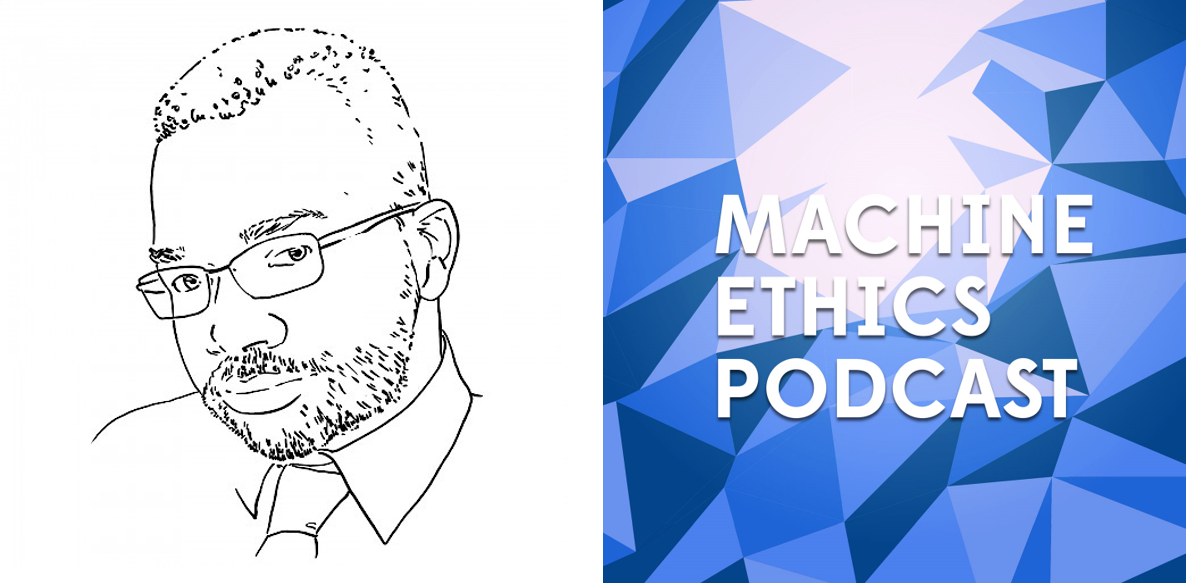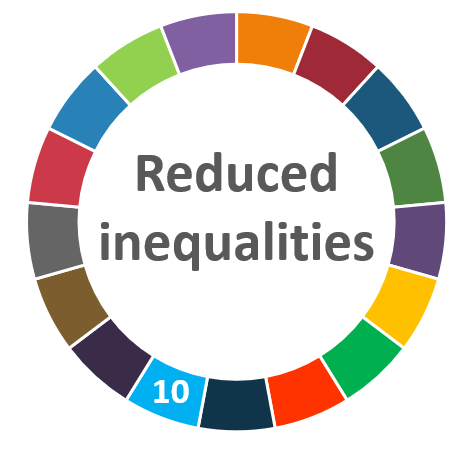
ΑΙhub.org
The Machine Ethics Podcast: Algorithmic discrimination with Damien Williams

Hosted by Ben Byford, The Machine Ethics Podcast brings together interviews with academics, authors, business leaders, designers and engineers on the subject of autonomous algorithms, artificial intelligence, machine learning, and technology’s impact on society.
Algorithmic discrimination with Damien Williams
This episode we chat with Damien Williams about types of human and algorithmic discrimination, human-technology expectations and norms, algorithms and benefit services, the contextual nature of sample data, is face recognition even a good idea? Should we be scared that GTP-3 will take our jobs and the cultural value of jobs, encoding values into autonomous beings, culture and mothering AI, AI and dogma, and more…
Listen to the episode here:
Podcast authors: Ben Byford with Damien Williams
Damien Patrick Williams (@Wolven) researches how technologies such as algorithms, machine intelligence, and biotechnological interventions are impacted by the values, knowledge systems, philosophical explorations, social structures, and even religious beliefs of human beings. Damien is especially concerned with how the consideration and treatment of marginalized peoples will affect the creation of so-called artificially intelligent systems and other technosocial structures of human societies. More on Damien’s research can be found at AFutureWorthThinkingAbout.com.
About The Machine Ethics podcast
This podcast was created, and is run by, Ben Byford and collaborators. Over the last few years the podcast has grown into a place of discussion and dissemination of important ideas, not only in AI but in tech ethics generally.
The goal is to promote debate concerning technology and society, and to foster the production of technology (and in particular: decision making algorithms) that promote human ideals.
Ben Byford is a AI ethics consultant, code, design and data science teacher, freelance games designer with over 10 years of design and coding experience building websites, apps, and games. In 2015 he began talking on AI ethics and started the Machine Ethics podcast. Since then, Ben has talked with academics, developers, doctors, novelists and designers about AI, automation and society.
Join in the conversation with us by getting in touch via email here or following us on Twitter and Instagram.

tags: Focus on reduced inequalities, Focus on UN SDGs









